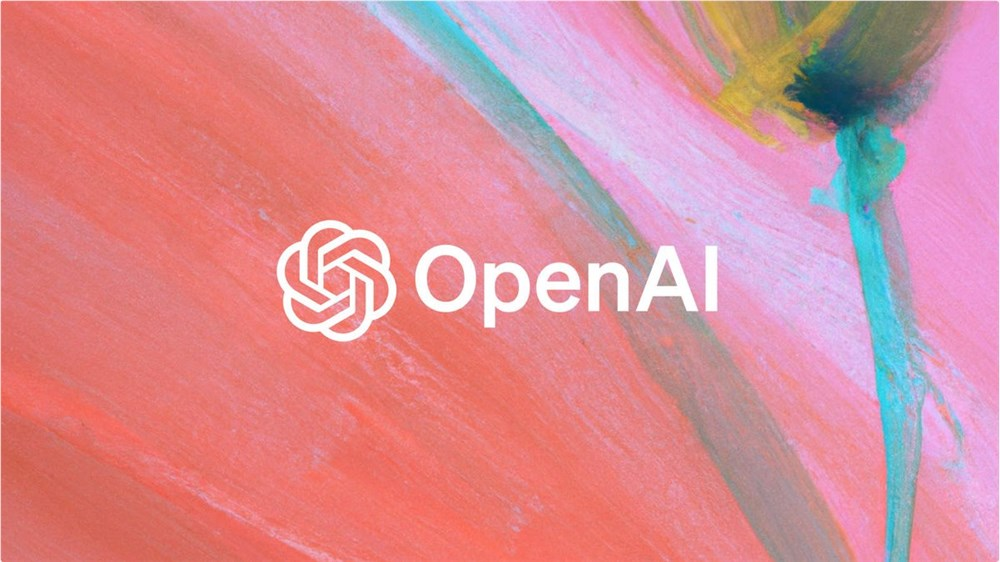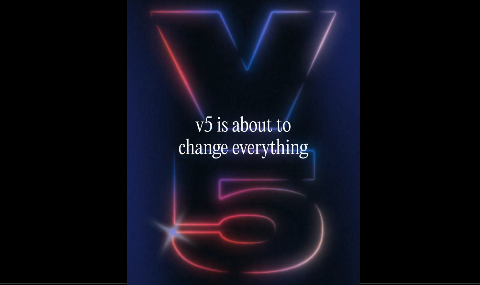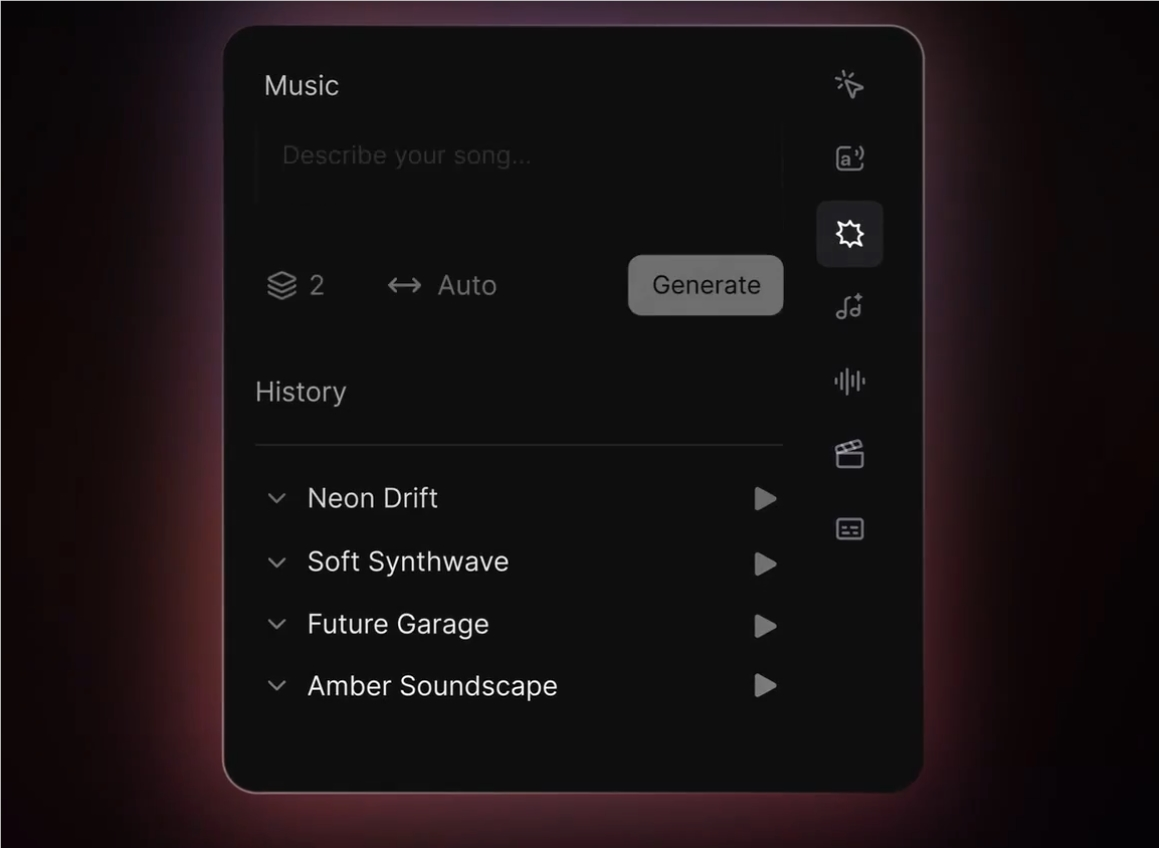At its “Make with Notion” event on Thursday, Notion introduced its first-ever AI agent, a powerful new feature designed to act on all of a user’s Notion pages and databases. With this context, the agent can automatically generate meeting notes, analysis reports, competitor reviews, and feedback pages—marking a major leap forward for the productivity platform.
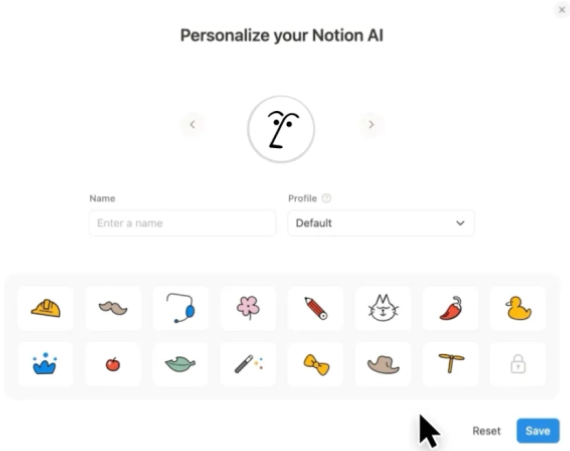
Unlike traditional AI assistants, Notion’s agent doesn’t just create content; it can also update existing pages and databases with new data, attributes, or views. Even more impressively, it can be triggered by external platforms connected to Notion. Imagine asking the agent to build a bug-tracking dashboard pulling updates from Slack, email, and Google Drive—all in real time.
Built on the foundation of Notion AI’s search and summarization capabilities, the new agent is designed for far more complex, multi-step workflows. Notion says the current version can run tasks for up to 20 minutes and process hundreds of pages of information, making it one of the most capable AI productivity tools on the market.
Personalization is at the core of this release. Users can set up a dedicated “profile” page for the agent, defining how it cites sources, the style of its outputs, and where results should be stored or updated. The agent can also “remember” key points from past interactions, with all memories stored on the profile page—editable at any time.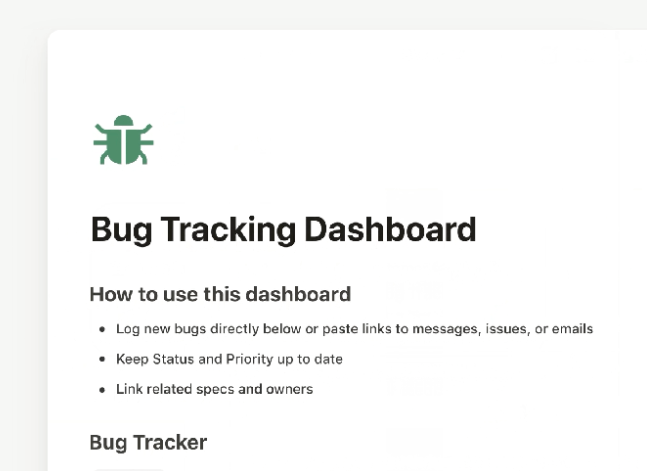
In live demos, Notion’s agent gave feedback on landing pages, created restaurant trackers, generated reports from meeting notes, and prepared competitor analysis documents. While tasks must currently be triggered manually, Notion confirmed that scheduled and trigger-based automations, along with a library of prebuilt agent templates, are coming soon.
This launch is the latest step in Notion’s broader push into workplace intelligence. Over the past two years, the company has rolled out a calendar app, Gmail client, meeting notes tool, and enterprise search, steadily building the foundation for deeper automation. Competitors like Salesforce, Fireflies, and Read AI have introduced similar agent technology, but Notion’s advantage lies in its tight integration with personal and team knowledge bases.
The release also signals a broader industry trend: productivity tools are evolving from passive information storage into active, decision-making assistants. While Notion’s agent is still limited by a 20-minute runtime and manual triggers, upcoming automation features could make it indispensable for knowledge workers.
By positioning itself against Microsoft Copilot and Google Workspace AI, Notion is betting big on personalization and contextual intelligence as its differentiators. If successful, this agent could reshape how teams and individuals work, turning Notion into not just a workspace—but a true intelligent collaborator.
